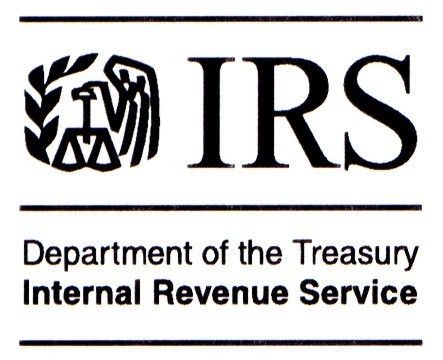South Dakota Resident Feels His Group Is Part Of IRS Targeting

South Dakota citizen Doug Loen thinks delays in getting IRS approval for a free market non-profit he’s founding is the result of the IRS targeting scandal that has made news nationally:
Eighteen months now and counting – that’s how long Doug Loen has been waiting on the Internal Revenue Service to approve his application seeking nonprofit tax status.
The South Dakota resident suspects that may be because he has become part of a larger national story, but one with an added dimension that has not yet been reported. Loen, who is also a board member of the Franklin Center for Government and Public Integrity, the parent organization of Watchdog.org, is anxious to set up his own free-market think tank. But the delay has cost him time, effort and money.
In May, IRS officials publicly acknowledged that the agency had targeted tea party groups and other conservative organizations, for a heightened level of scrutiny. For this reason, Loen said he believes there is more at work in his dealings with the IRS than mere bureaucratic inertia. He is calling for a wider investigation.
Up until now, the media has focused its attention on right-of-center applicants for 501(c)(4) nonprofit tax exempt status. Loen has applied to establish the First Freedoms Foundation of South Dakota as a 501(c)(3) group under the auspices of the State Policy Network. There is an important distinction between the two tax designations. While 501(c)(4)s are permitted to engage in partisan policies and influence elections, 501(c)(3)s are set up as educational institutions. A 501(c)(3) promotes ideas and publishes commentaries, but it does not engage in partisan policies.
A coordinated IRS effort that targets 501(c)(3) groups favorably disposed toward conservative and libertarians ideas is every bit as dangerous and offensive to the First Amendment as what has already publicized concerning 501(c)(4) non-profits, Loen said.
“Apparently, free market is just as bad as tea party,” he said. “If you want to talk about the Constitution, that’s bad news from the IRS perspective. We have an interesting problem in that we have no idea how many 501(c)(3)s are affected. Right now everyone is focused on the 501(c)(4)s but I think the problem is much bigger.”
Loen submitted his application in December 2011, and received a letter back in January 2012 that acknowledged the application.
Then, for months on end, he received no correspondence.
Here’s the kicker: In a bit of suspicious timing, just days after news of the IRS scandal broke Loen finally got some forward movement from the IRS after roughly a year and a half of delays:
“Guess what I get in the mail 10 days after the scandal goes public?” he asked. “That’s right, a letter from the IRS comes to me in late May asking me to add a paragraph to my articles of incorporation that says if the organization is ever shut down that I will give all the assets to the another 501(c)(3). That’s easy enough. The second question goes back to what they have on the application form. They ask us to check off the activities we are going to engage in and there are eight of them. But since our application has not been approved, and the group does not have any money to speak of yet, we don’t know exactly which activities we will be able to perform.”
Loen’s story might not be very convincing if it weren’t for the fact that even as groups like his languished the IRS was much more prompt in approving applications from left wing groups. “As applications from conservative groups sat in limbo, groups with liberal-sounding names had their applications approved in as little as nine months,” reported USA Today on May 15th.
In other words, if you were a conservative you got put in the slow line. If you were a liberal you got put in the express lane.
But that sort of double standard isn’t at all unusual for the Obama administration. Here in North Dakota, laws against killing protected migratory birds have been enforced inconsistently dependent on whether or not you’re an oil company.







